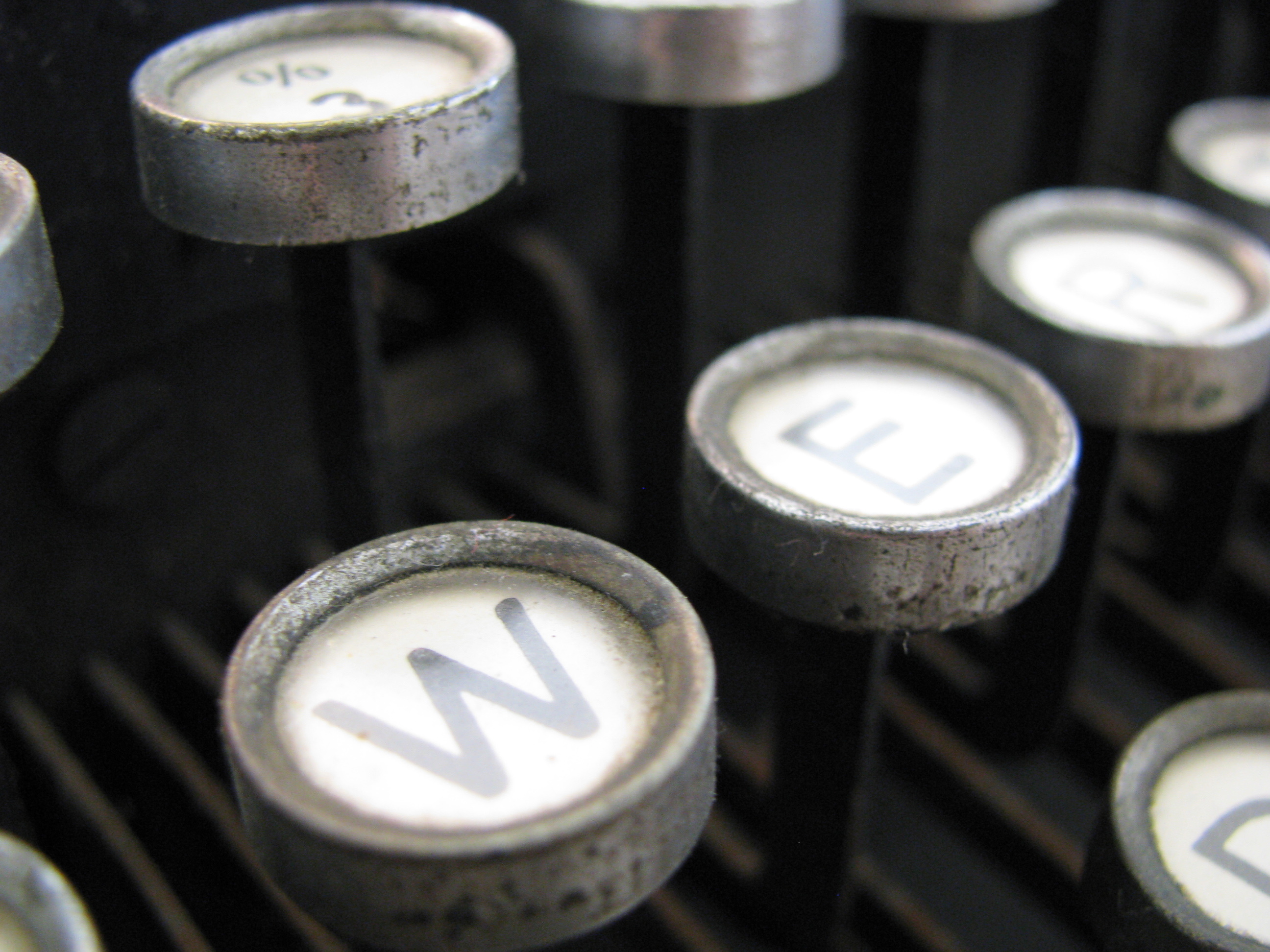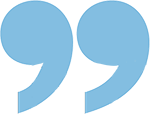Alumni Spotlight: Don Wittenberger

Class of '68
By Don Wittenberger
My name is Don Wittenberger, and I’m one of WWU’s original journalism students. After spending two years at the University of Missouri School of Journalism, and working as an (unpaid) student reporter for MU’s teaching newspaper, the Columbia Missourian, I came west and worked for the Bellingham Herald in 1967-1968 under then-editor Bill Fowler, alongside a newsroom staff that included George Boynton, Jack Carver, Huntley Gordon, and Jack Mayne.
In addition to covering various beats and breaking news, I wrote feature articles on my own initiative, one of which involved a trip to Fort Lewis to do a story and pictures about a local soldier going through basic training there. I had been trained in news photography at MU, and I always did my own photos for my stories while working for the Herald, developing them myself in Jack’s darkroom at the Herald. I also wrote obituaries, and remember calling the mother of an Army artillery forward observer who had just been killed in action in the DMZ area of Vietnam — where I would serve my own Army tour in Vietnam a little more than a year later.
Even before leaving the Herald, I became a part-time student in WWU’s nascent journalism program in 1967 (then a full-time student in 1968), under Prof. Gerson Miller, the department’s founder, and a reporter for the Collegian, whose masthead was soon changed to The Western Front, which was edited by Noel Bourasaw during the 1967 school year. I served as the Western Front’s editor in the summer of 1968. In those days, the paper was made up by a photographic process and printed by the Skagit Valley Herald; once a week, I and a few student stalwarts would pile into Gerson’s car and drive down to Mount Vernon and spend a day pasting up the new edition.
That was an eventful time. The Vietnam War and student protests were in full swing. 1968 was an election year, and while still working for the Herald, I was assigned to cover a primary campaign appearance by Martin Durkan, a state senator who was running for the Democratic nomination for governor (which he didn’t win); years later, in 2004, when I was at the Governor’s Mansion in Olympia for Gov.-Elect Christine Gregoire’s victory party, I recounted this meeting in a conversation with his daughter, Jenny Durkan, now Seattle’s mayor. Back in 1968, there was an Associated Press teletype machine in the lobby of the Viking Student Union building, and I was standing there when the bells started going off (signaling a news flash) and walked over to the machine to read what it was about; it said Martin Luther King Jr. had just been shot.
My biggest story for The Western Front came out of a long conversation I had with Barney Goltz, who was then WWU’s director of campus development, or something like that, and he told me WWU was about to expand to over 10,000 students. My former employers at the Herald were a bit bemused that I had scooped them on Bellingham’s biggest story involving the local economy in years.
My favorite story about studying at WWU involves the late Prof. Michael Mischaikow, who had a somewhat fearsome reputation, so naturally I signed up for his Money and Banking class. On the first day of class, he threw me out for whispering to another student. To get back in, I had to go to his office, apologize, beg for mercy, and promise to behave myself, convince him I was serious about studying the subject, and pledge to work my ass off. I did exactly that, became one of his favorite students in that class, and earned an “A” for the course. Some “A” grades are worth more than others; this one was a real achievement, because he was not an easy grader.
There was a professor who was, though. I no longer remember his name, but he taught art appreciation, and was an artist on the side. Over 100 students showed up for the first day of class. This confused me; I had no idea art appreciation was so popular on the WWU campus. It was the type of course that general studies students usually shunned. I turned to a fellow student and asked him what was going on. It turned out this instructor was something of a rebel who didn’t believe in grades or keeping attendance, so all you had to do was show up on the first day of class to sign a roster, and on the last day of class to write down the grade you thought you deserved, and that was it. There was no bell-curve grading in that class, 100% of the grades were “A”s. Apparently his theory was that if he made his class interesting enough, students would attend it. I never skipped a single class. As it was summer, he usually held class outside on the lawn. About 20 students regularly attended.
I left WWU in August 1968 with a B.A. with majors in journalism and political science, and a minor in economics. I spent about a year at WWU; my WWU degree is based mostly on transfer credits from the University of Missouri and the University of Wisconsin–Milwaukee (where I spent my freshman year; I spent my sophomore and junior years at MU, and my senior year at WWU). An indifferent student at MU, I worked very hard to make good grades at WWU, because by then I wanted to go to law school. But with a war going on, and my student deferment expiring, unmarried and with no job in sight, I bowed to the inevitable and enlisted in the Army, serving from 1968-1970, and ending up with an artillery battalion up on the DMZ. I had many adventures in Vietnam, but I won’t go into that here, except to mention that I hitchhiked from the DMZ to DaNang, a somewhat arduous and mildly perilous trip, to take the Graduate Record Exam (GRE), and then applied for admission to WWU’s graduate school while still in ‘Nam. I also applied for law school, and was accepted by the University of Washington, while still in ‘Nam. So, if I survived the war, I would start law school in the fall of 1970, but meantime had to find something to do that summer.
After leaving the Army in the spring of 1970, I returned to Bellingham and spent the summer there as a graduate student in political science. (Years later, in about 1985-1986, I did further graduate-level studies at Seattle University’s Institute of Public Management as an evening part-time student.) That summer, I also began climbing mountains, an ambition I’d held since a teenager growing up in Wisconsin. (I did my first climbing up the walls of my father’s house). My first mountain was Baker, on a trip organized through the WWU outdoor program. Needless to say, I also climbed the rocks on Sehome Hill. I first met John Servais, now a well-known Bellingham activist and the proprietor of the Northwest Citizen blog, in 1968; back in the 60s, he also was a climber, and was a staff writer for the Northwest Passage, an alternative newspaper. Servais was the founder, or a co-founder, of the WWU Outdoor Program’s equipment rental program that makes camping, climbing, and skiing equipment available to WWU students with an interest in the outdoors.
I was a student at the UW Law School from 1970-1973, then had a career as a Washington State Administrative Law Judge, retiring in 2002. I continued climbing into the 1980s, then raised a daughter who was a competitive figure skater. I’m a book person, and I spent a lot of time reading. In recent years, I’ve been doing focused study of the Soviet invasion of Afghanistan in 1979-1989, as an example of a useless war, to try to understand why politicians take their countries to war and if there’s a way to prevent wars from happening. So far, the human species has been better at perfecting weaponry than avoiding using them.
As one of the very first class of WWU’s journalism students, I’m impressed by how much the program has grown over the years, and the last time I visited campus for a journalism department get-together (can’t remember now how long ago that was; it’s been a while) I also was impressed by the enthusiasm of the journalism students. We all understand how dodgy the news business has become, and how insecure the job prospects are; I want to say that the need for competent and dedicated news reporting has not gone away, and the fact that the traditional business model of paying for newsrooms is under severe pressure challenges people working in journalism today to come up with new ways to financially support the gathering and delivery of news content. My hat is off to those facing this challenge, both in academia and in the working profession.
I will close by mentioning that my father was a newsie, and that’s how I got interested in journalism. He was a reporter for the Milwaukee Journal (now Milwaukee Journal-Sentinel) from 1940 to 1977; so, of course, I was exposed to the news business as a kid while growing up. There will never be a time when the world doesn’t need dedicated and hardworking journalists. One thing I think needs to change is the fad in recent years of “he said, she said” reporting; I view this as an abrogation of the editor’s responsibility to act as a gatekeeper of sorts as to what makes it into the paper (or broadcast). Getting to the truth is a basic role of journalists. At the same time, journalists have no obligation to give print space or air time to falsehoods and shouldn’t do so. Their job is to get accurate information to readers and listeners, while letting the latter make up their own minds. Journalists should not be partisans, because then they become propagandists, but their role is something more than passive observers and notetakers; they can and should take positions. My father did that all the time, and saw himself as serving the community good; his reporting changed Milwaukee County’s system of government (to a county executive form of government). I suppose we could argue all day and night over what a journalist’s proper role is, and what journalists should and shouldn’t do, but at the present time when truth is challenged in public discourse like never before in my lifetime, journalists may be the only thing now standing between us and the loss of our democracy, and that implies their job is something more than just reporting that “so-and-so said such-and-such.”
Don Wittenberger
WWU Class of ’68
UW Law, Class of ’73
